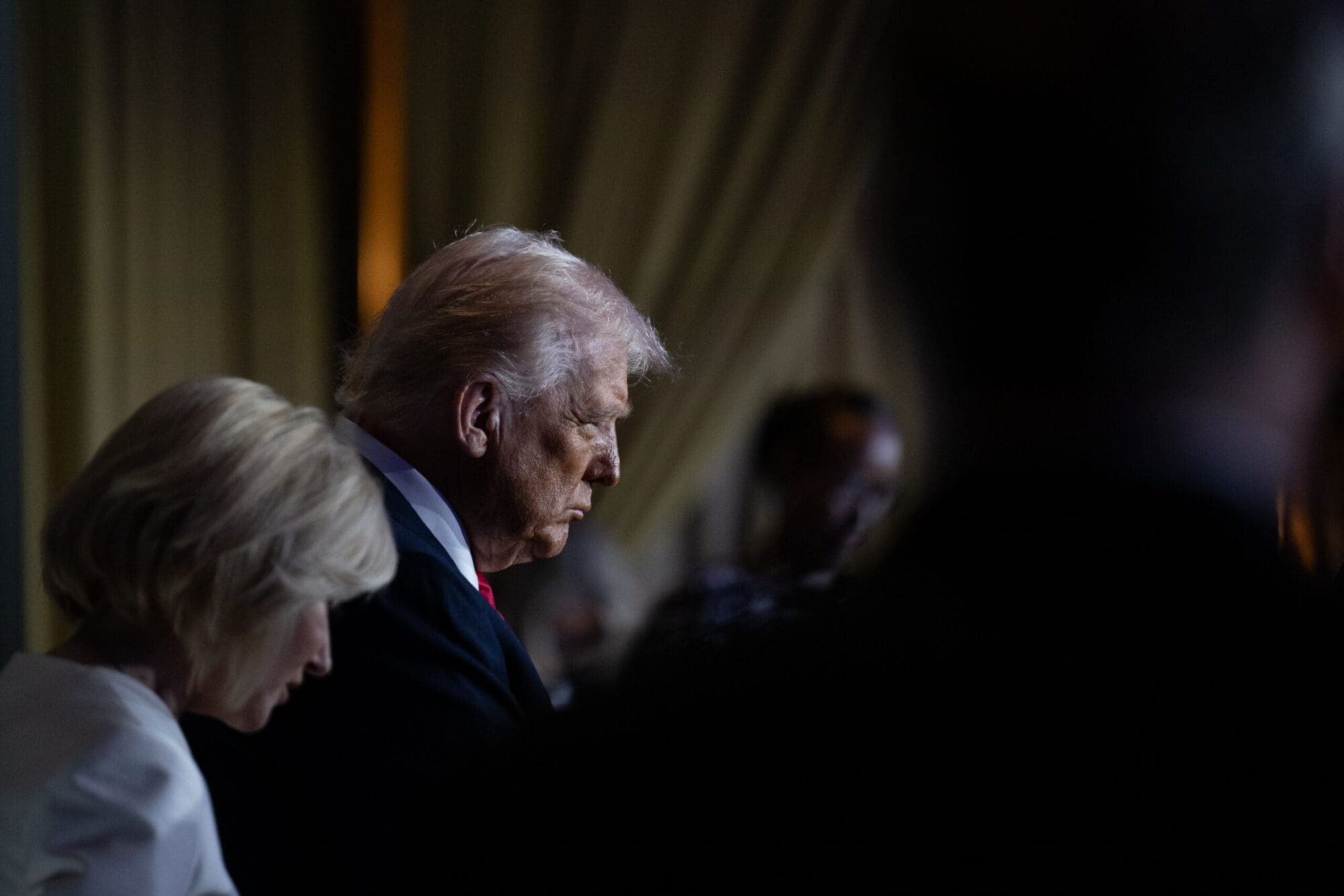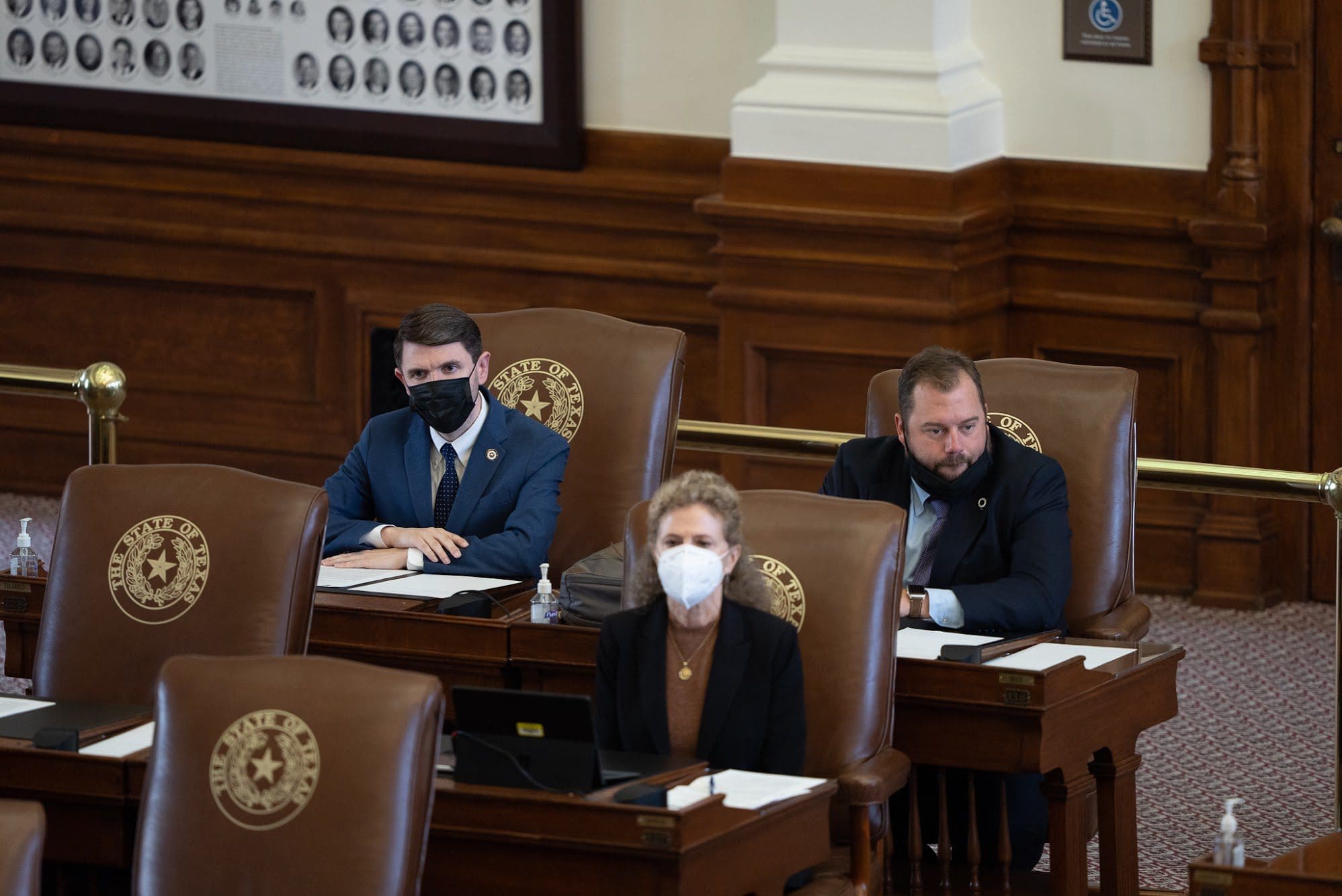Earlier today the Texas Ethics Commission gave itself broad new powers to dig into the finances of organizations critical of elected officials and to unconstitutionally expose donors to intimidation and harassment. And they are doing so in direct violation of Supreme Court rulings.
Despite a gubernatorial veto last year, the opposition of two-thirds of the state senate and the majority of the House Republican caucus, the Texas Ethics Commission has moved forward with unconstitutional rules that they were specifically warned against implementing by six incoming state senators.
At today’s hearing, commissioners were warned by David Keating, a constitutional law expert who heads the Center for Competitive Politics, that this action defies current Supreme Court precedent.
In his veto message of the same scheme last year, Gov. Rick Perry said the action would “expose more Texans to the risk of such harassment, regardless of political, organizational or party affiliation.” He also described it as having “a chilling effect” on the “[f]reedom of association and freedom of speech.”
What Lois Lerner couldn’t do in Washington, DC, TEC chairman Jim Clancy thinks he can do in Texas. Like Lerner, Clancy will find that Texans don’t take lightly the trampling of our constitutional rights.
Relying on their redefinition of the word “a,” the TEC is putting itself and the state on a collision course with costly lawsuits. That the TEC is now claiming this power was theirs all along should be enough to raise eyebrows. Legislation was introduced last legislative session to do what commissioners now say they had the power to do all along.
Put simply, the right of every Texan to support causes they believe in is under attack. Their privacy is being invaded, exposing them to harassment. The TEC is giving itself the power to silence voices of dissent through threat of legal intimidation at the hands of a state agency where citizens must prove themselves innocent.
In a letter written two weeks ago, six incoming state senators recently warned commissioners that their actions were illegal.





